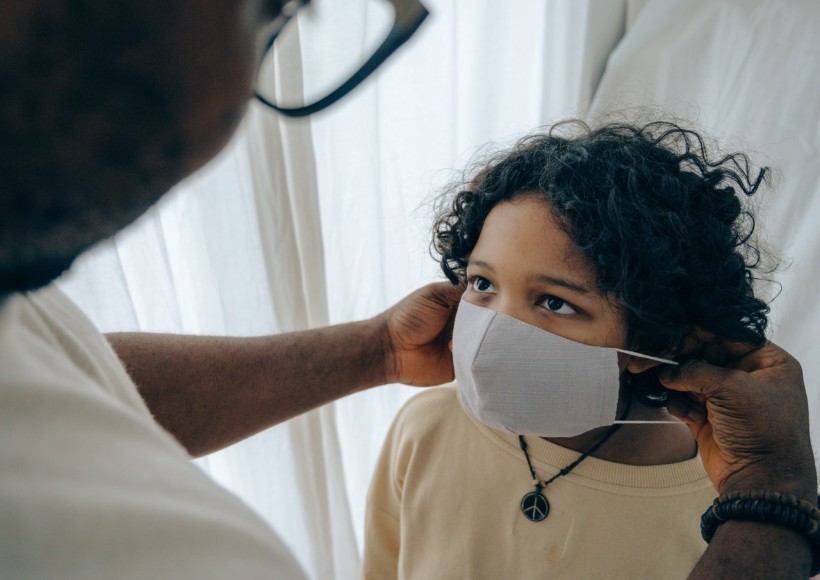Health experts have seen a rise in COVID-19 Delta variant and Respiratory Syncytial Virus cases among children.
Cases of the Respiratory Syncytial Virus, in particular, have been gradually rising since June, according to The New York Times.
Spikes in Respiratory Syncytial Virus cases have been seen in states such as Texas, Florida, and Louisiana.
COVID-19 Delta, Respiratory Syncytial Virus Cases: A "Surge Upon Surge" Situation

COVID-19 Delta variant and Respiratory Syncytial Virus cases have seen a rise in recent weeks, alarming health experts who specialize in pediatrics.
Dr. Heather Haq, a pediatrician from Houston cited in the New York Times report, published a series of tweets on her personal Twitter account about the spike in cases.
"After many months of zero or few pediatric COVID cases, we are seeing infants, children, and teens with COVID pouring back into the hospital, more and more each day," one of her tweets reads. Dr. Haq adds that the ages of the patients range from two weeks to 17 years old.
Dr. Haq also said that she has seen more cases of COVID pneumonia among younger children instead of just among tweens and older minors in the past.
What is even more disturbing is that aside from the rise in COVID-19 pediatric cases, there is also a rise in Respiratory Syncytial Virus cases among children. Dr. Haq calls it a "surge upon surge" situation.
"Some children admitted this time have co-infection with COVID plus other viruses such as RSV which could definitely make them sicker," another tweet she published reads.
Dr. Haq said that COVID-19 co-infection with other viruses such as the Respiratory Syncytial Virus was not seen much in prior waves of COVID-19, adding to the worry of what the combination of viruses may look like.
Despite the rise in pediatric cases, current COVID-19 vaccines cannot be administered to children just yet.
Related Article: COVID-19 Vaccine for Children Ages 5 to 11 Years Old May Come Soon from Manufacturers, as Requested by the FDA-Is it Safe?
What is Respiratory Syncytial Virus?
Respiratory Syncytial Virus, or RSV, is defined by the Centers for Disease Control and Prevention (CDC) as "a common respiratory virus that usually causes mild, cold-like symptoms."
While most cases only last for around one to two weeks, RSV can be particularly serious for infants and young children who get infected.
Symptoms associated with the Respiratory Syncytial Virus typically appear within four to six days after infection. These symptoms include runny nose, coughing, wheezing, sneezing, decrease in appetite and fever.
Very young infants infected with RSV may show difficulty in breathing, irritability, and decreased act
According to the CDC, these symptoms do not appear all at the same time.
Rise in Respiratory Syncytial Virus Cases Among Children
According to The New York Times report, certain states have seen a spike in RSV cases among children. Texas, for example, saw an increase in cases early in June, which peaked in the middle of July.
Louisiana reported a 244% percent increase in RSV cases, per The New York Times article. Other states experiencing a rise in RSV cases include Oklahoma and Florida.
Also Read: CDC School Guidelines 2021: Face Masks Required for the Unvaccinated, Reopening is a Go this Fall
This article is owned by Tech Times
Written by Isabella James














